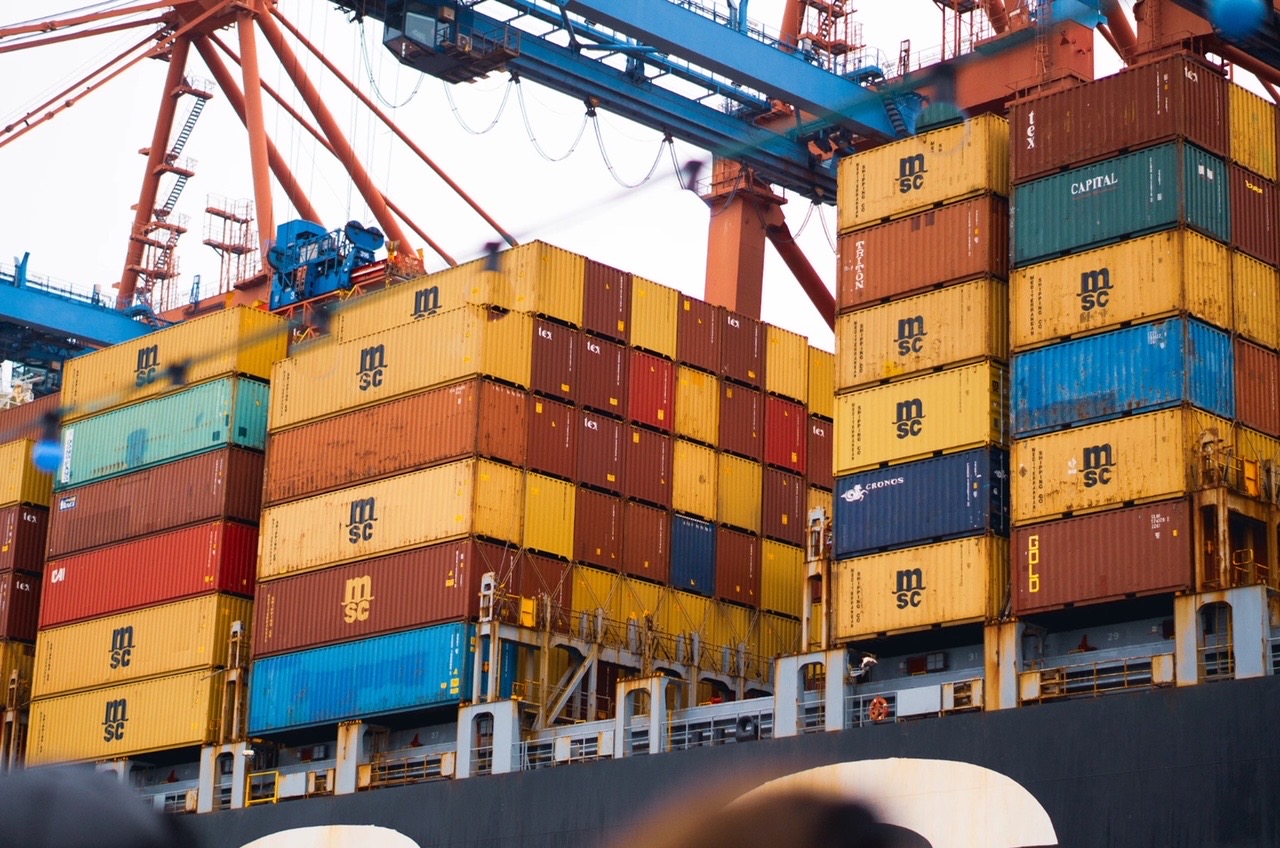Since November, attacks on container vessels in the Red Sea have seriously disturbed one of the most used trade routes globally. The Iran-backed Houthis have launched more than 40 attacks on commercial ships in the Red Sea and in the Gulf of Aden, one of them being fatal. Despite the military intervention of the United States and its allies since mid-January, the Bab El Mandeb Strait has not been secured yet. Johan Gabriels, Regional Director for South-East Europe at iBanFirst explains the impact of the Red Sea crisis on international trade and Central and Eastern European businesses involved in import-export activities with Asia.
The Red Sea, where 21% of global container trade transits, is in real trouble. And some countries are particularly at risk. Among them stands Egypt. The Suez Canal is one of Egypt’s main sources for foreign currency. Cairo announced that revenues from the canal have decreased by 40 to 50% so far this year. Some sources estimate Egypt’s loss to $315 million due to the Red Sea disruptions. And Egypt is not the only one concerned, global trade is deeply affected.
How could global trade and Central and Eastern European (CEE) imports-exports evolve?
According to the UN’s latest estimation, the volume of commercial traffic passing through the Suez Canal has fallen more than 40%. The Red Sea is a major trade route for hydrocarbons, mostly oil and natural gas. But it’s also of importance for grains going to Europe. In a normal period, about 4.7% of total EU wheat imports go through the straits. The Bab El Mandeb Strait is important for international trade. But it is not strategic. Ships can get around it by passing through the Cape of Good Hope. This extends the journey by 15 to 20 days on average. But the goods arrive safely. This is what is currently happening. For CEE businesses with affected imports and/or exports from/to Asia, this means higher costs and increased delivery times.
Of course, international trade has adapted once again to rising geopolitical risk in this region. After a significant jump, freight costs have started to decline, although it is not back to its pre-crisis levels. The Drewry composite, which tracks the freight costs of 40-foot containers via eight major routes, including spot rates and short-term contract rates, decreased by 3% to $2,836 last week.
Minimal risk of inflation in CEE region
It’s now clear the blockade of the Bab El Mandeb Strait will not cause an increase in inflation in Europe. Freight costs usually only represent about 1.5 % of the consumer price index. This is rather negligible. Port congestion was the main risk. Fortunately, this was avoided. The average dwell time per container is around 5 days in Europe compared to a peak of 25 or even 30 days during the worst episodes of Covid.
However, the looming risk is to lose control of one or more of the three strategic straits for international stability: the Strait of Formosa (essential for semiconductors), the Strait of Hormuz(oil) and the Strait of Bosphorus (wheat). These are pivotal areas for the global economy that cannot be bypassed or replaced like the Bab El Mandeb Strait.
The blockade of the Bab El Mandeb Strait highlights the extent to which our maritime routes are no longer safe. Lowering transportation costs and protectionism are now the two main triggers for relocation and friendshoring – we see it very well with Mexico replacing China as the United States’ first trade partner. We believe that the dangerousness of maritime trade will also be a powerful factor pushing for business relocation closest to the target market in the coming years and decades. For sixty years, we lived in the age of relative peace. This was an anomaly in human history. We are now back to normal, back to a troubled and riskier world.




















